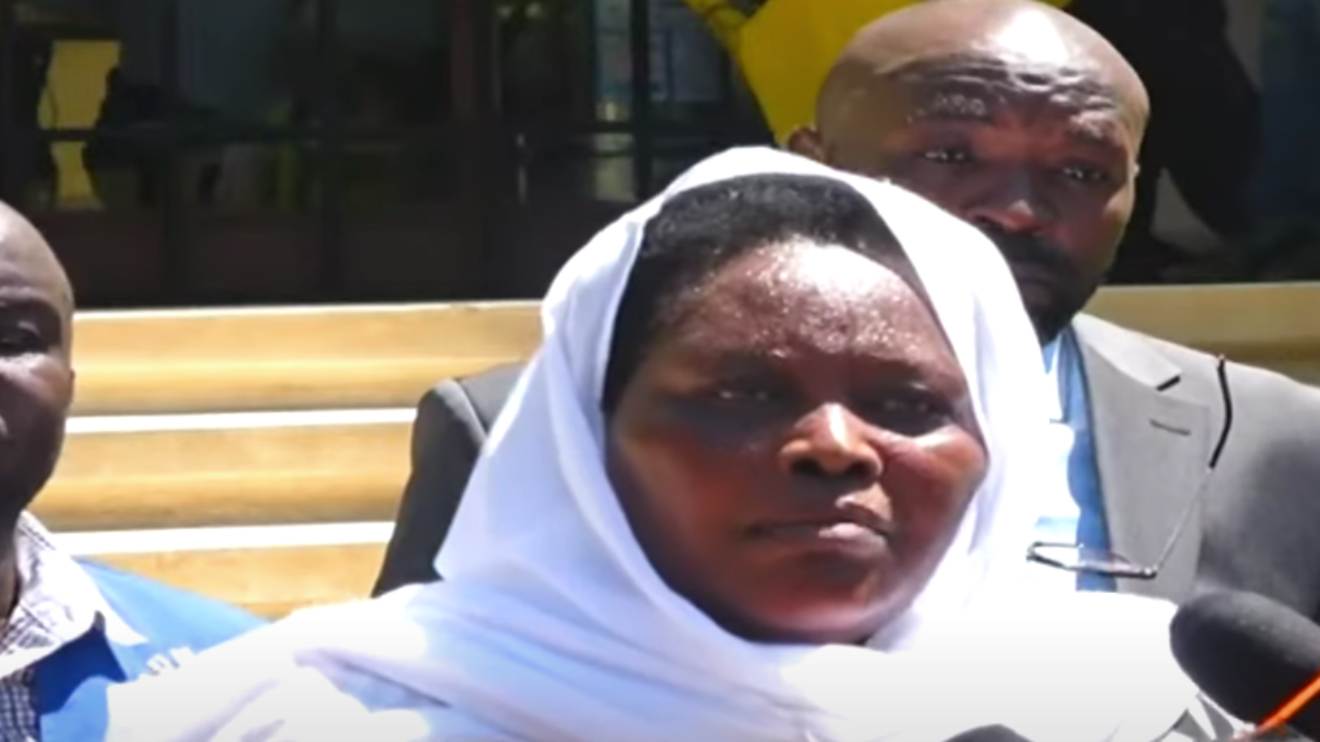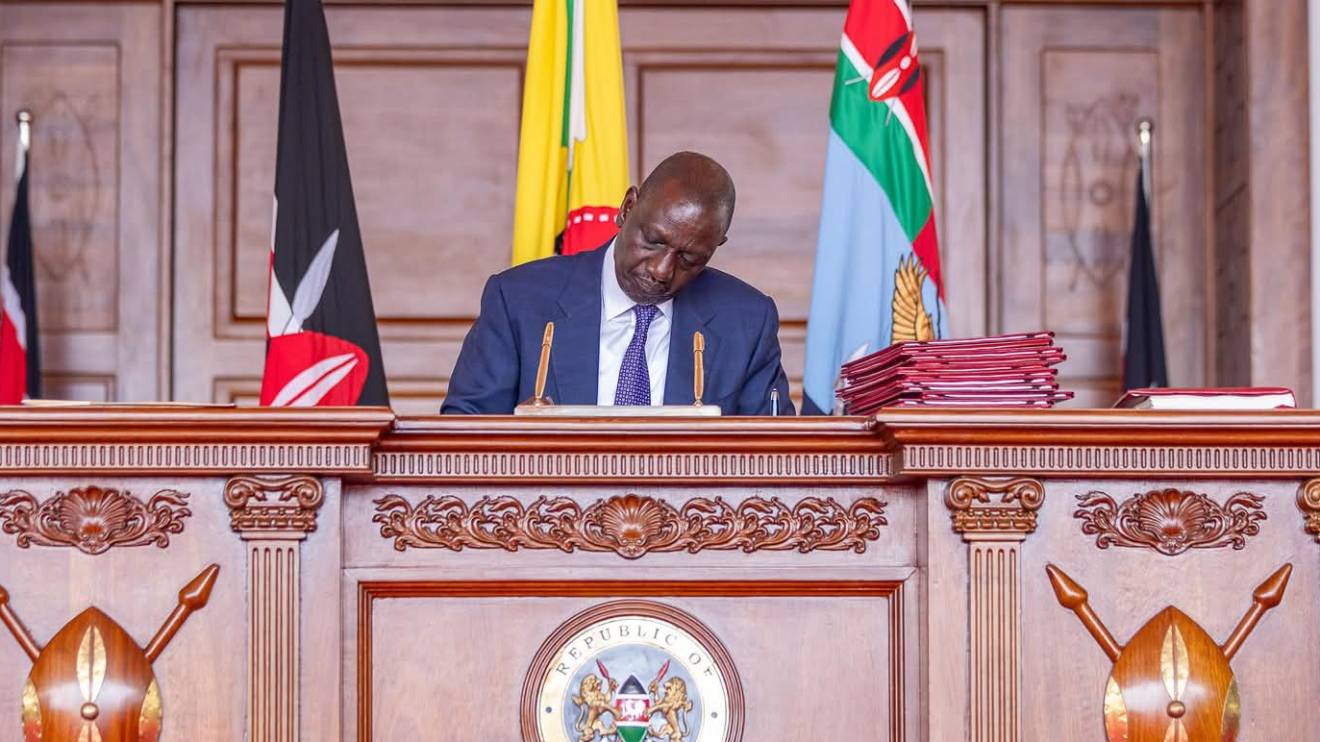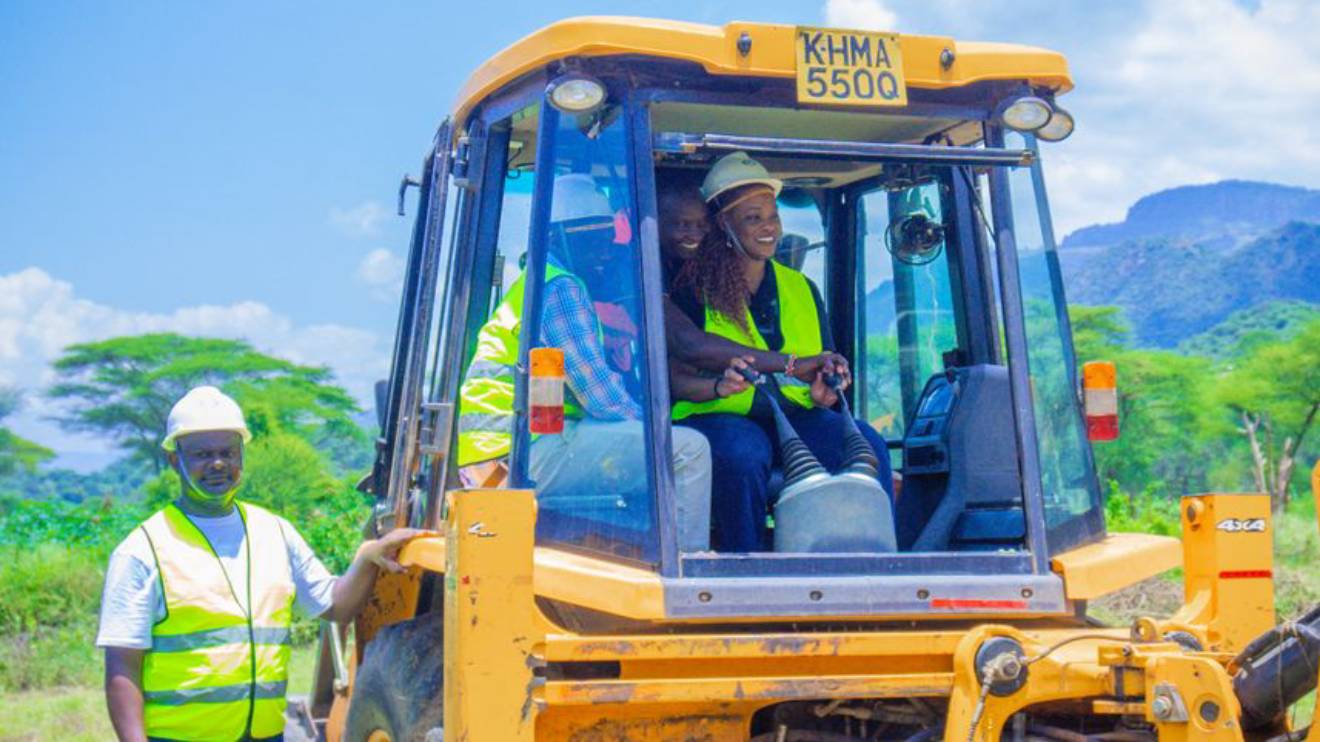In a startling revelation outside the High Court in Mombasa on Tuesday, businesswoman Ann Njeri Njoroge, accompanied by her lawyer Cliff Ombeta, provided a chilling account of a sinister plot against her life after surfacing in Nairobi.
Njeri disclosed that she had been targeted and forcibly taken to the secluded confines of Karura Forest, where she faced threats and coercion in an attempt to derail her legal battle.
According to Ombeta, who conveyed Njeri's harrowing experience, "The last person she was with and relatives were asked to leave the premises. She was then kept in a house in the middle of Karura forest."
This disturbing turn of events unfolded after Njeri's departure from the Directorate of Criminal Investigations (DCI) headquarters, where she was blindfolded and transported to the remote location.
Highlighting the gravity of the situation, Ombeta revealed, "She was told she would die if she did not leave the oil and withdraw the case from the Mombasa High Court."
Read More
This ominous threat underscored the lengths to which individuals sought to coerce Njeri into abandoning her legal pursuits.
Njeri's ordeal extended to her confinement in Nyayo, Embakasi, where she endured a distressing two-day period.
Ombeta provided an explanation, stating that she was confined to a single room and restrained with chains.
"She was kept in one room, attached to chains. She had to ask for permission to help herself. For two days, she was threatened," Ombeta explained.
The conditions of her captivity paint a bleak picture of coercion and intimidation.
"The threats to kill her were real," emphasized Ombeta, highlighting the severity of the danger Njeri faced.
Despite the ordeal, she was eventually abandoned in Nyayo on Monday.
Providing a detailed account of the terms presented for her release, Ombeta stated, "She was told she needed to withdraw the case she had filed in Mombasa and not to talk to her lawyers and to leave the country."
These claims of coercive measures aimed at silencing Njeri's legal actions underscore the gravity of the situation.
However, in a testament to their unwavering commitment to justice Ombeta affirmed, they would not withdraw the case in court.
Njeri's resilience in the face of adversity highlights her determination to pursue justice despite the attempts to force her compliance.
As investigations unfold, Njeri's chilling account sheds light on the dark forces at play, raising concerns about the safety of individuals seeking justice in Kenya's legal landscape.
The revelations demand a thorough examination of the circumstances surrounding Njeri's ordeal and underscore the importance of safeguarding the integrity of the legal process.





-1756319289.jpg)




-1756807229.jpeg)
